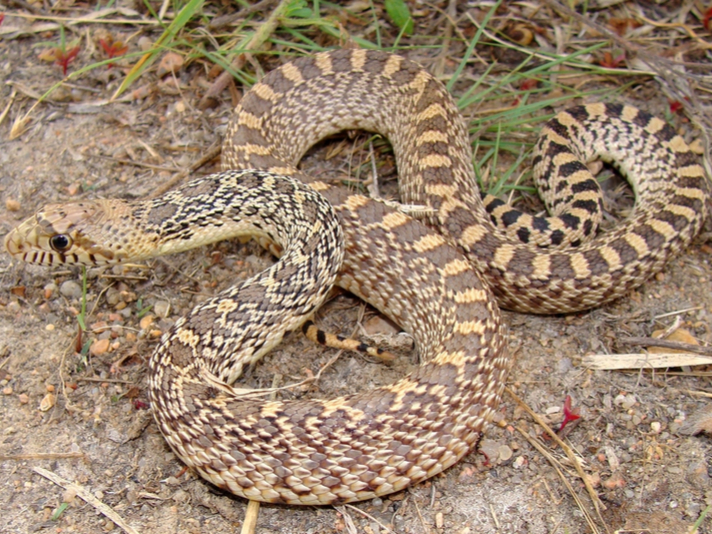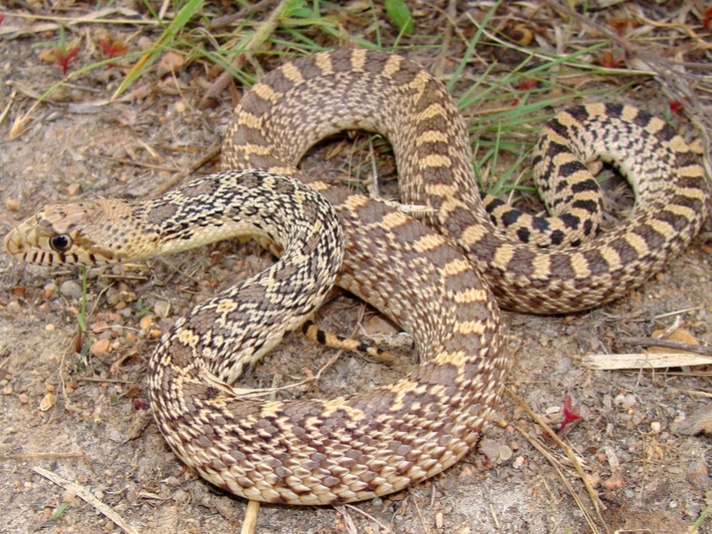The court of popular opinion has certainly turned against what was once the norm just a few decades ago.
Question: Is it wrong to keep wild snakes nowadays? The chatter is running against it from almost everyone. It makes me feel guilty; I’ve kept local snakes for over five years, so I’m not a gross amateur at doing it. There are so many interesting kinds that no one is working with.
Jay Fouchette, Baton Rouge, La.

Matt Jeppson/Shutterstock
Juvenile bull snake.
Answer: The court of popular opinion has certainly turned against what was once the norm just a few decades ago. Let’s take a closer look at why.
Humans are blanketing the planet in our unrelenting population growth and demand for resources. We’re putting pressure on most other species—to the brink of extinction in many cases. That’s the general argument about why we should leave alone what remains wild and free. It’s true, but too oversimplified in that such an attitude ignores human nature. Unfortunately, “all-or-nothing’”attitudes are easier to support because they don’t require deep thinking, which appeals to many of the inhabitants of today’s busy world.
Captive-bred herps dominate the mass pet market today, and, as a rule, they have a much higher survival rate, especially when they are kept by people new to the hobby. There’s also no need to collect wild herps for newbies’ first-time pets anymore because there are oodles of captive-bred herps available today. That’s a good thing, despite a few radical humane groups’ steadfast refusal to promote that fact. Once you recognize that they purposely try to keep you ignorant and fearful in order to continue bilking you out of donations that pay their leaders’ salaries, it neatly explains why they champion their positions on the subject.
As humans, we love variety and the chance to try new things. In the herp arena, this includes experimenting with figuring out the “recipes” to successfully maintain and propagate species not yet regularly bred in captivity. That’s good ol’ individualism at play—a trait that helped build this country, but which is now also under attack by those who would prefer you conform to their wishes. That goes against the basic nature of many people, and you’re apparently among them. Kudos to you!
There’s no right or wrong answer, just people’s opinions. You can follow the sheeple and avoid keeping any wild-caught herp, or go your own way and enjoy discovering new husbandry techniques for not-yet established species. Just be sure to choose herps that are not protected by current wildlife laws—valid or not, violating such laws could land you in trouble.
Bill Love photographs herps in nature, writes and lectures. He assists his wife, Kathy, with her business, CornUtopia, and via his company, Blue Chameleon Ventures, leads nature tours to view herps in Madagascar.


